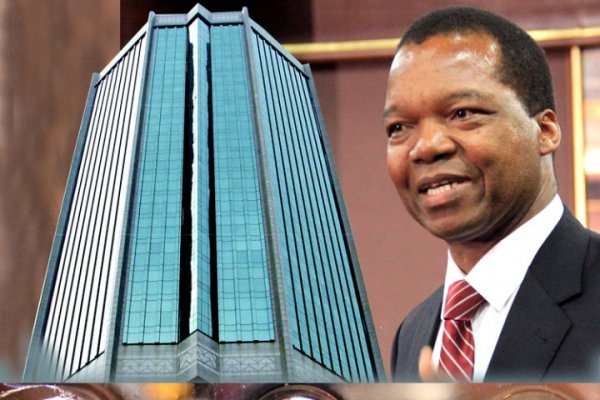
IF you destroy a free market, you create a black market. If you make 10 000 regulations you destroy all respect for the law. — Winston Churchill (1949)
THE above pertinently speaks to the contemporary Zimbabwean socio-economic situation in which one regulation after another have become the order of the day as authorities struggle to tether crazed inflation, which, for a second time this millennium, has outpaced all global inflation rates. The Reserve Bank of Zimbabwe (RBZ)’s knee-jack decision to immediately ban all cash-in, cash-out and cash back transactions is a typical example of over-regulation which will not only serve to muddy the terrain, but will also destroy the little investor confidence that may have developed over the last few years, following the coming in of the new dispensation. The extempore decision will, undoubtedly, also gnaw — big time — into the hard to come by meagre government revenue.
NewsDay Comment
Granted that the money transfer agents were making a killing and making life impossible for the ordinary citizens, however, the RBZ’s reaction appears to suggest that the agents were now beyond the reach of the long arm of law. It is as if they had become outlaws, yet the system they operate in is regulated and the more they transacted meant that the State would also benefit, unless this was not the case.
Just to throw the cat among the pigeons, what will be the government or the RBZ’s next move if this new regulation fails to achieve its intended purpose, which is to correct the prevailing price distortions of goods and services? Will the ban mean that the scarce bond notes and coins will now be available? Were those money transfer agents not simply exploiting the scarcity of the bond notes and coins? Is the RBZ not trying to find a fall guy in the money transfer agents after failing to solve the money supply challenges? Are the prices of goods and services not being driven by lack of foreign currency, given that Zimbabwe is now largely a consumer economy that is relying on imports? And by the way, has the RBZ ever stopped to think of what effect the weekly fuel price increases are having on the general pricing regime of goods and services in the country?
It is our considered view that the RBZ should not be a lone ranger in trying to solve the country’s economic challenges because the root cause of what it is currently hoping to resolve is a result of a nation failing to produce enough to raise adequate revenue to meet its basic needs. For more than two decades Zimbabwe has been unproductive with such critical sectors as agriculture now a pale shadow of their former states. Effectively, what the RBZ is doing is tantamount to a dog chasing its tail, a futile exercise that will surely lead us nowhere because, for instance, the government’s ban on publishing annual inflation figures did not stop inflation from running amok. At 300%, the inflation is now the world’s highest, according to the International Monetary Fund. Similarly, prices of goods and services will not be leashed by the ban on cash-in, cash-out and cash back transactions. Period.











